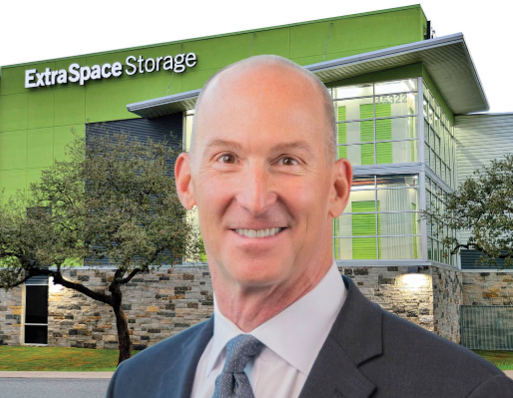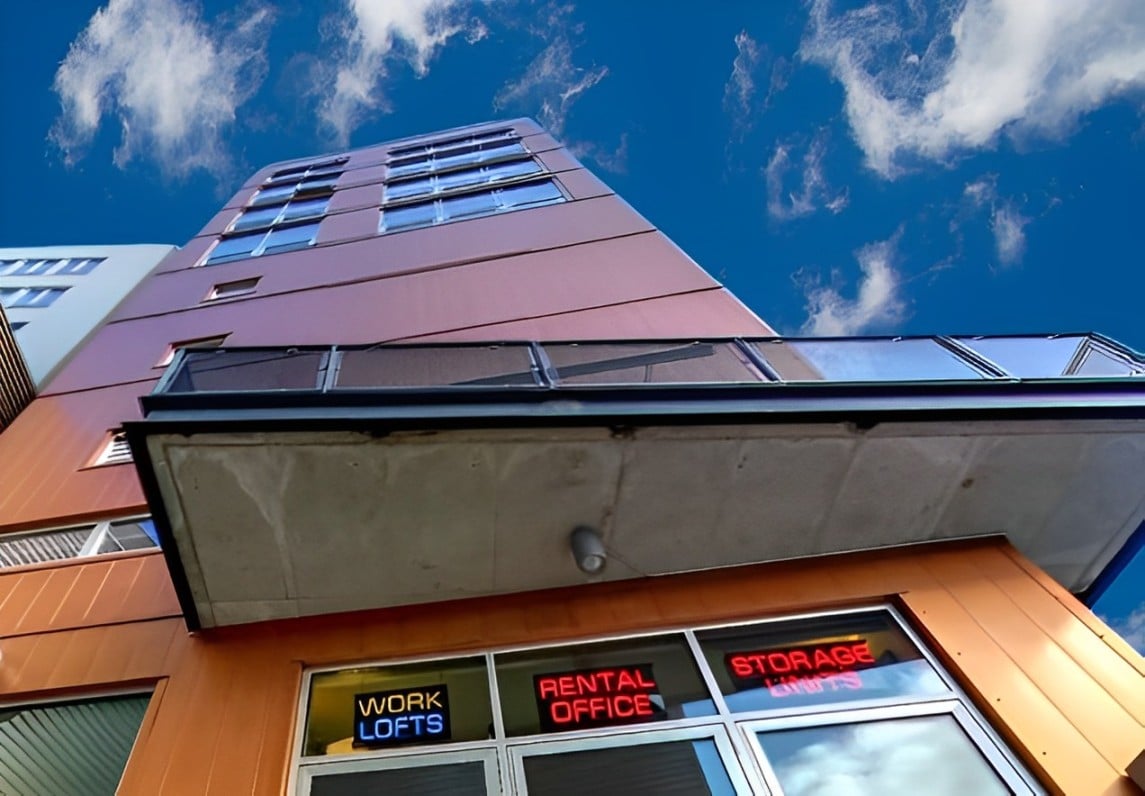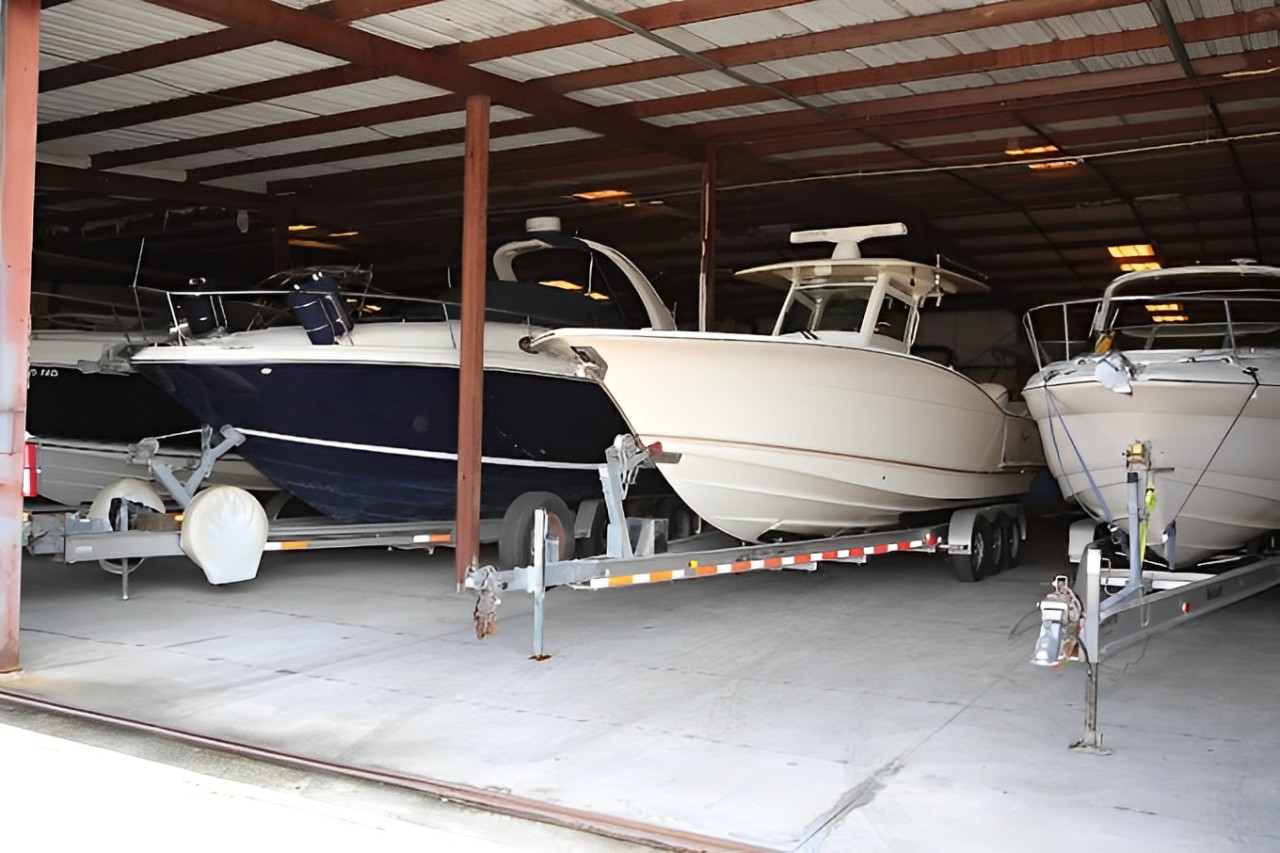What Does That Mean?
Understanding The Language Of Self-storage
By Scott Zucker
The self-storage business has been around, some would say, for over 50 years. During that time, we’ve seen an evolution on the use of the language in the industry. But even as self-storage owners and their occupants have grown comfortable with the use of certain terms, there remains some ambiguity concerning the use of some words.
Maybe the most interesting involves the definition of a “self-storage” facility. First, most state statutes properly define a self-storage facility as a self-service storage facility. The inclusion of the word “self-service” is important since it clarifies that the facility owner is not storing the occupant’s property in the rented space, but the occupant is handling the storage on their own. This further clarifies that fact that the owner is not taking care, custody, or control of the property being stored and no bailment occurs over the stored property. We have seen over the years the use of the term “Mini-Warehouse”, but a self-storage facility is absolutely NOT a warehouse. Efforts should be made to move away from any reference to a self-storage facility as a warehouse, even a “mini” one. A warehouse is a place where the owner accepts care, custody, and control of the stored goods and, as a result, creates an inventory of the property being stored. Clearly, that is not the business of a self-service storage facility.
And what about the Owner as landlord and the Occupant as the tenant? It turns out that the vast majority of states (over 90 percent) use the terms “Owner” and “Occupant” as the proper terms for the facility operator and the facility customer. Of course, there are a few exceptions: Texas uses the terms “lessor” and “tenant” and Indiana is one state that uses the term “Renter”. That is not to say that other terms cannot be used, especially where the state statute recognizes in its definitions that a facility owner is the “landlord or lessor” of a facility and an occupant is a “tenant or lessee”, but, at the end of the day, the most common terms are Owner and Occupant.
What is the proper word for the rented space? Is it “space”, “unit”, “room”, or “locker”? Although generally a self-service storage facility rents “space”, there is not one required term for the area that the Occupant rents. The best solution is to refer to the state statute where the facility is located or identify in the lease agreement the term to be used and then use that term consistently throughout the agreement. Essentially, whether a facility uses the term room, unit, locker, or space, the key is that the particular space to be rented is identified and the terms of use as provided in the lease refer back to that particular space.
What about the use of the term “climate-controlled”? Is that a defined term? Unfortunately, other than in the state of Nevada, no other state defines the use of the term “climate controlled”. Accordingly, the term has generally been used to explain the use of heaters, air conditioners, dehumidifiers, and even “swamp coolers”. As a result, without clarity, the offering of a rented space as “climate controlled” without some definition of its meaning, can lead to claims of customer misunderstanding and even claims of deceptive advertising.
The Nevada Statute, Section 597.890, reads in part as follows:
1. The owner of a facility for the storage of personal property or a person acting on his or her behalf shall not advertise that the facility is climate controlled unless the advertisement specifies the range of the minimum and maximum temperature and humidity within which the facility is maintained.
2. If an owner or a person acting on his or her behalf fails to indicate the range of temperature and humidity of a facility in any advertisement that refers to it as being climate controlled or fails to maintain the temperature and humidity of the facility within the advertised range, the owner is guilty of a misdemeanor and is liable to the occupant for any damages that are caused to the occupant s personal property as a result of extremes in temperature or humidity, notwithstanding any contrary provision in the rental agreement.
So, in Nevada, the advertisements (and rental agreement) should specify “the range of the minimum and maximum temperature and humidity within which the facility is maintained”.
In a state other than Nevada, the rental agreement should define the use of the term as it is used by the facility, such as:
The climate-controlled spaces are heated or cooled depending on outside temperature. The climate-controlled spaces do not provide constant internal temperature or humidity control and Owner does not guarantee that temperature and humidity will not fluctuate. Occupant releases Owner from liability for damage to stored property from fluctuations in temperature or humidity from any cause including the negligence of Owner, Owner’s agents, or employees.
Another favorite ambiguity involves the use of the word “surveillance”, especially as it relates to the use of video or digital cameras on a facility. Surveillance is commonly defined as “continuous observation of a place, person, group, or ongoing activity in order to gather information”. Therefore, the use of the term “surveillance cameras” suggests that someone (either at the facility or at another designated location) is “watching” the facility, which commonly is not the case. As such, it is often better to use terms that demonstrate the factual reality of the use of the camera such a “24-hour digital recording in progress” or “digitals cameras in use”. Again, surveillance suggests active observation as compared to what may appropriately be considered a recording.
Lastly, we can look at the term “verified mail”, which now appears in more than 25 self-storage statutes. What does verified mail mean? Unfortunately, although the self-storage industry has created a definition that is commonly used, the term “verified mail” does NOT appear within the definitional terms of the United States Postal Service. “Verified mail” is defined for self-storage operations as a “method of mailing that is offered by the United States Postal Service or private delivery service that provides evidence of mailing”. So, what does that mean?
The California statute has helped to explain this term by outlining that a “method of mailing that is offered by the United States Postal Service … that provides evidence of mailing” is in fact a “regular first-class mail” with a “certificate of mailing”.
However, since the self-storage definition also includes “private delivery services”, a facility owner seeking to reach a tenant with a lien notice may also use UPS, Fed-Ex, or even a private courier as long as that service will provide some type of “evidence of mailing”. The use of the term “verified mail”, however, is a crucial distinction from the use of the terms “certified mail” or “registered mail”. Both of these methods of mailing suggest that delivery is required. When state legislatures changed the law to require only “verified mail”, they also clarified that a self-storage operator, when sending written notice of their lien enforcement to their tenant, was only required to send the notice (to the occupant’s last known address). There was not a requirement that the owner deliver the notice, which was a change in the intent of the legislation. Essentially, the burden shifted from the owner to the occupant that the occupant provide the owner its “last known address” and that if that address changed, the occupant is required to verify that the facility is notified.
The list of ambiguous terms extends further. The terms relating to “denial of access” or the use of “portable storage” in addition to the use of the terms “tenant insurance” versus “protection plan” just identify a few. As time passes, sometimes these terms become easier to define. Ultimately, when in doubt, go to the state self-storage statute for the answer. It may be defined there. Or, if not, maybe you just have to turn to that old dusty dictionary on your shelf.
Thanks to Carol Krendl, Anne Ballard, and Robert Chiti for inspiring and participating in this project.
Scott Zucker is a partner in the law firm of Weissmann Zucker Euster Morochnik & Garber, P.C. in Atlanta, Georgia. Scott specializes in business litigation with an emphasis on real estate, landlord-tenant, and construction law. Scott is a frequent lecturer at state and national conventions and is the author of Legal Topics in Self-storage: A Sourcebook for Owners and Managers. He is also a partner in the Self-Storage Legal Network, a subscription based legal services for self-storage owners and managers. Scott can be reached at (404) 364-4626 or at Scott@wzlegal.com.
More Content
Popular Posts
The REITs new pricing strategy – lowering...
The self storage industry is in a precarious...
With the approval of both companies’...
Recent Posts
Owning or managing a self-storage facility...
Helen Keller is quoted as saying, “Alone we...
It’s often been said that “opportunity is...
There’s a saying in Florida that there are...
The landscape of the self-storage industry...
Last January, the prime interest rate was...
Many of us are seeking ways to bring in new...














